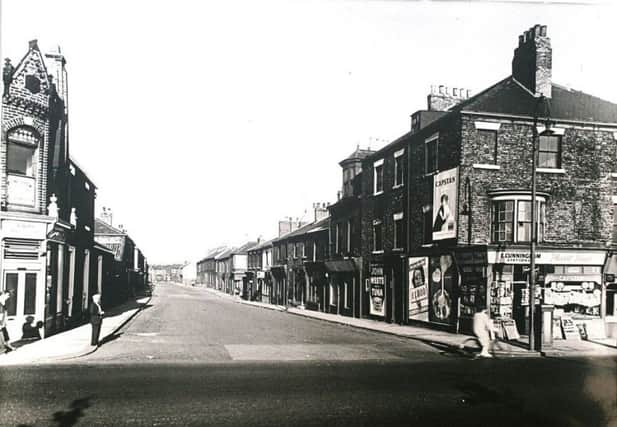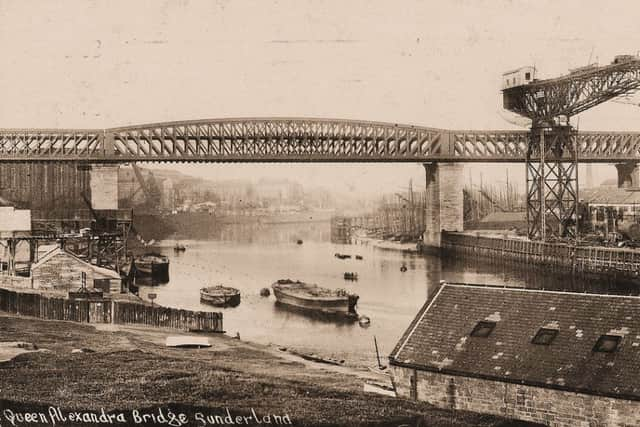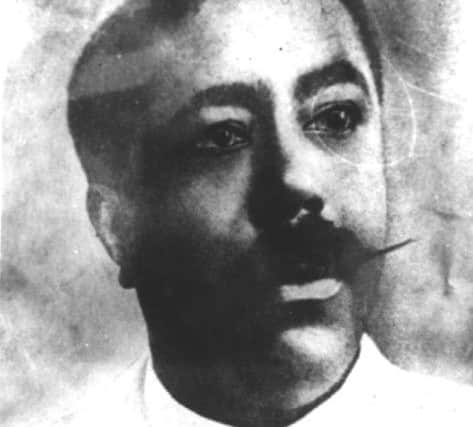Wearside doctor made local - and international - history


David Marshall came across a tribute to Dr Charles Duncan O’Neal during a trip to the Caribbean island, after popping into the Museum of the Parliament at Bridgetown.
“I started reading about his dedication to the poor and his fight against people’s rights,” said David. “Then, near the bottom of the piece, it mentioned that he had once been a councillor in Sunderland.


Advertisement
Hide AdAdvertisement
Hide Ad“His links with Wearside really interested me and, since returning home, I’ve tried to find out more about him. Sadly, it appears Charles is one of Sunderland’s forgotten heroes.”
Charles, son of Joseph and Catherine O’Neal, was born into a life of privilege on Barbados in 1879 and, in the 1890s, was sent to study medicine at Edinburgh University.
As a student Charles got to know Scottish socialist Keir Hardy, one of the founders of the Independent Labour Party, with the friendship sparking a life-long interest in politics.
“Charles moved to Sunderland in the mid-1900s. He lived at 44 Sea Road – now the site of Andrew Craig Estate Agents – and also ran a GP surgery from there,” said David. “He was well known for providing free health care to injured or ill miners and shipyard workers. I would imagine he was the first, or one of the first, black GPs in Sunderland.”


Advertisement
Hide AdAdvertisement
Hide AdCharles threw himself into local politics following the move, winning a place on Fulwell Parish Council in April 1910, as well as providing his support to Labour MP candidate Frank Gladstone later that year.
Indeed, during a rally on Gladstone’s behalf at the Victoria Hall, Charles told the crowd: “Labour stands for the right to work, and the other two parties stand for the right to die. Every man, woman and child must have enough food, clothes and proper shelter.”
In addition to his political activities, Charles was a member of Fulwell Progressive Society, a governor of Fulwell Council School, took part in local concerts and, it is believed, played cricket for Whitburn.
He also presided over an open-air meeting of the Sunderland branch of the Independent Labour Party at West Park in October 1910, when he told the crowd: “Although slavery has been abolished, and we sing ‘Briton never will be slaves’, there is still slavery in this land. The working men of this country are economic slaves.”


Advertisement
Hide AdAdvertisement
Hide AdSuch was Charles’s passion for politics that he was nominated to stand for Sunderland Rural District Council in 1911.
He reluctantly, however, withdrew from the election, after deciding his socialist views might help people back home in Barbados.
“He was the first black activist to campaign for free education and dental care for children,” said David.
“He also fought for women’s rights, the need for better housing and for the rights of workers.


Advertisement
Hide AdAdvertisement
Hide Ad“It was, apparently, the first time a university-educated professional had taken such a tough stance on social reform, aligning himself to what was considered the ‘lower classes’.
“He dedicated most of his working life to the helping poor.”
Among the achievements of Charles were:
l The foundation of the Democratic League in 1924. Based on the principles of socialism, it was a “quasi-political” group which offered leadership roles to both men and women.
l The creation of the Working Men’s Association in 1926, the island’s first trade union.
Advertisement
Hide AdAdvertisement
Hide Adl Setting up a co-operative venture in Bridgetown, and investing in a newspaper –The Herald – to promote a message of social change.
Charles also won a seat in the Barbados House of Assembly, as a Member for Bridgetown, in 1932 – when he used his position to fight for the abolition of child labour. He died in 1936.
“He has been officially named as one of the 10 heroes of Barbados, and it has been said Charles laid the foundation of social reform on the island,” said David.
“But, although he has a road named after him in Barbados, and his face appears on a Barbados banknote, no-one over here seems to know about him.
“To me this seems a shame. I think Sunderland should honour him as well in some way.
“He is part of our history too.”